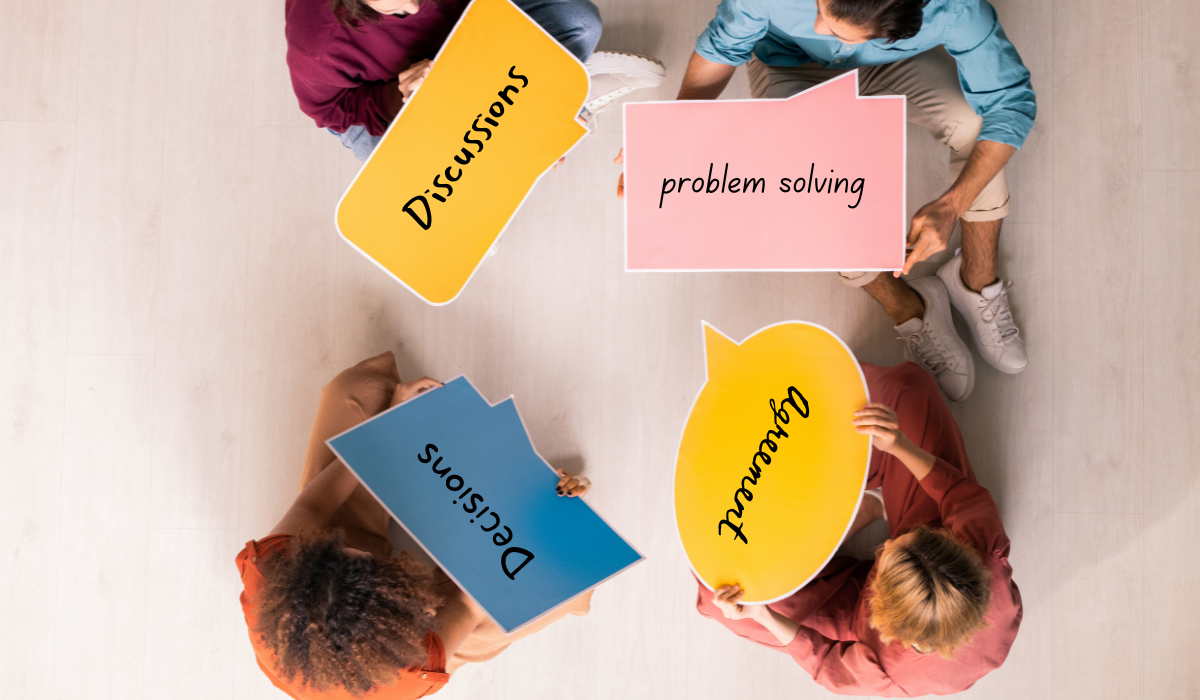Parents are a child’s best and longest lasting advocates. Parents with good communication skills can be even more effective advocates for their children.
- Advocating for Your Child Fact Sheet – English Family Matters
- Advocating for Your Child Fact Sheet – Arabic Family Matters
- Advocating for Your Child Fact Sheet – Spanish Family Matters
Being able to effectively communicate your child’s needs is another way for you to help your child develop and learn.
Parent and professional communication and effective partnerships do not “just happen.” It takes time, energy, and effort to build skills to communicate clearly and collaborate effectively. You can decide to become a more effective advocate for your child and then take the necessary steps to achieve this goal. It’s worth the effort.
There are several online resources available to learn collaborative techniques.
- How to Effectively Communicate with Early Childhood Professionals
- Educating Our Children Together: A Sourcebook for Effective Family-School-Community Partnerships
- Communication in The Special Education Process
- Communicate using “Student Snapshot”
Key to clear communication with your Early On Service Coordinator, teachers, therapists, doctors and nurses is keeping all your papers organized! Most parents find it very helpful to organize before it becomes a mountain of paperwork.
If a dispute every comes up in the future, it will be very important for you to have established a papertrail – document your contact with the school – conversations, meetings and other events.
Child outcomes are used by early intervention and early childhood special education programs to measure young children’s progress. While Individual Family Service Plan (IFSP) outcomes and Individualized Education Program (IEP) goals are written specifically for your child, these three child outcomes are the same for everyone.
- Gaining positive social emotional skills, including social relationships. This outcome measures how children interact and play with their family, other adults, and other children.
- Learning and using new knowledge and skills. This outcome measures how children learn and use basic language and communication skills such as counting and problem-solving that will prepare them to be successful in kindergarten.
- Using appropriate behaviors to meet their needs. This outcome measures how children gradually become more independent by learning how to move from place to place, feed themselves, and take care of basic needs.
More topics for parents of infants and toddlers can be found on our webpage dedicated to resources for Babies and Toddlers, or search the bigger A-Z list or contact us.



